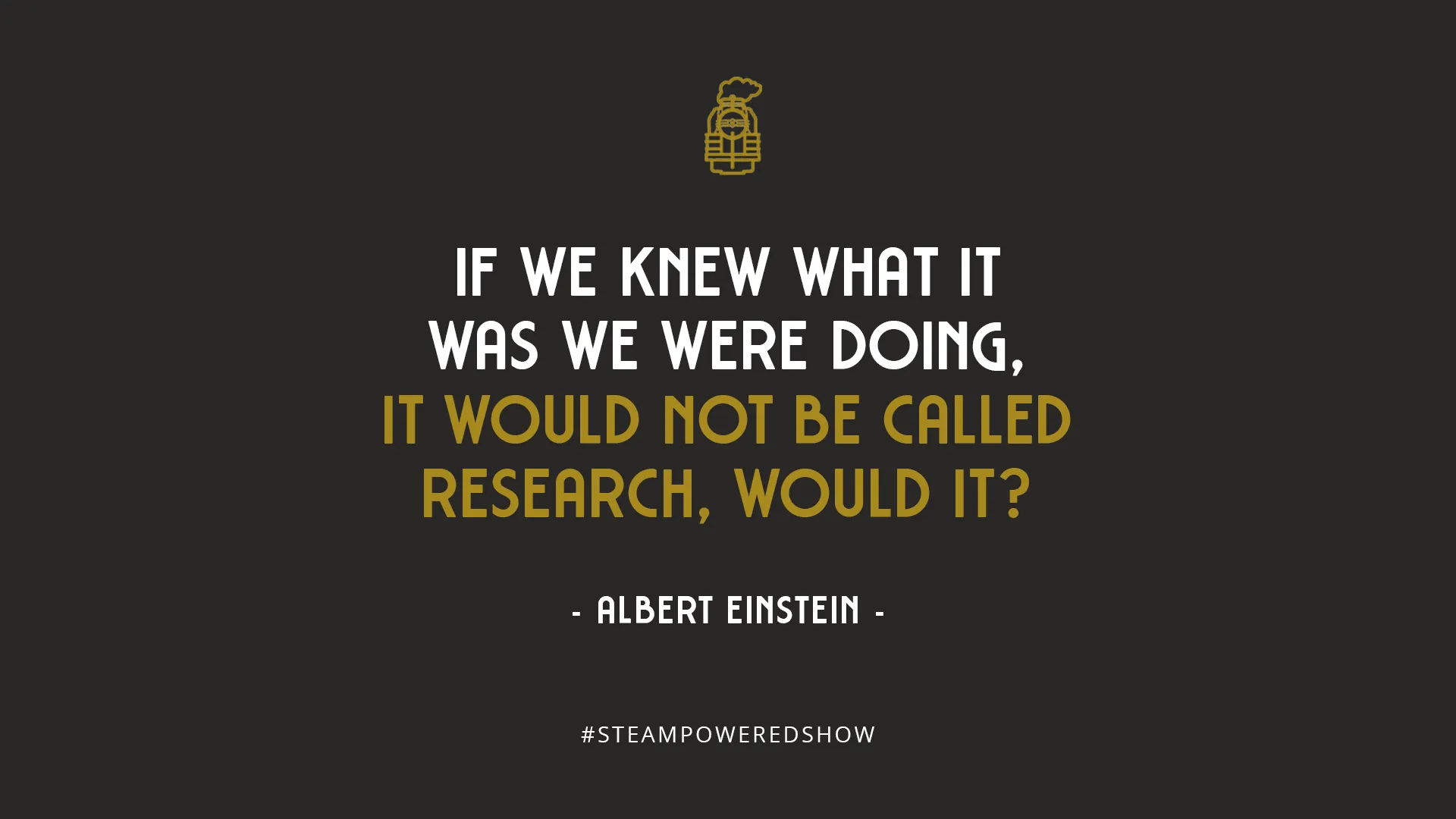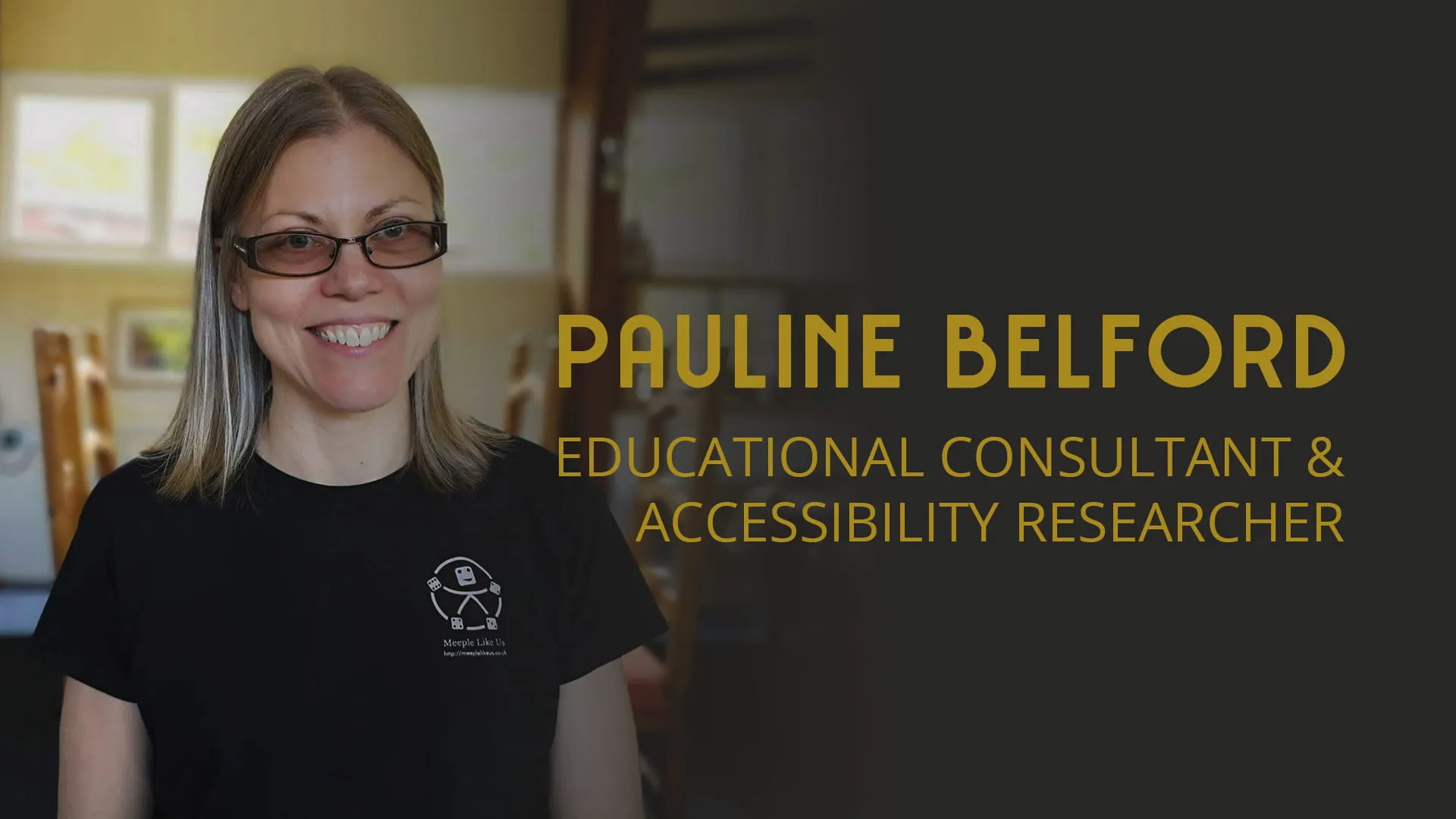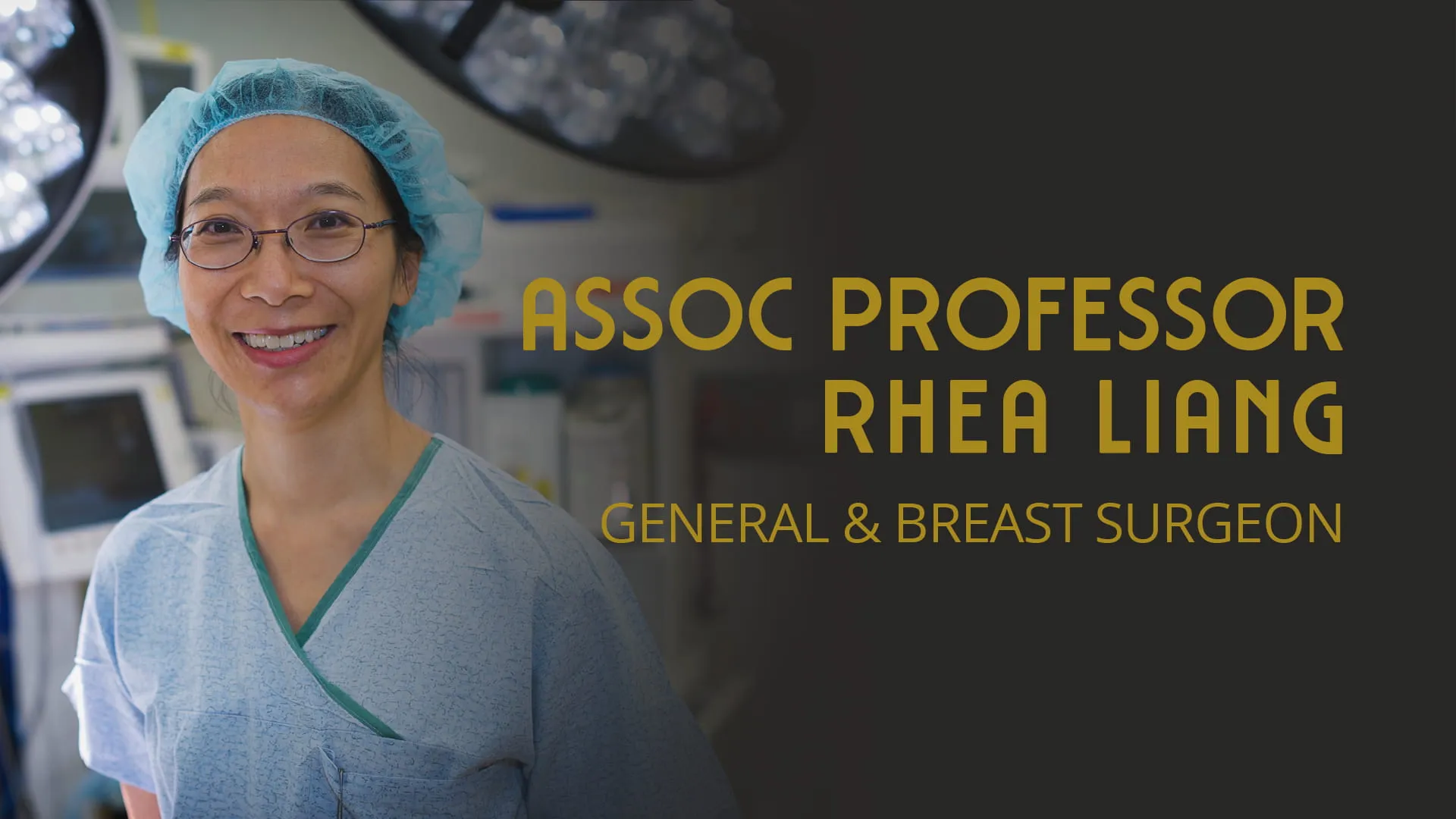Cell membrane biophysics & computational chemistry with Dr Evelyne Deplazes
Dr Evelyne Deplazes is a biophysical and computational chemist who is a Chancellor’s Research Fellow at the University of Technology Sydney and together with other researchers, runs the UTS Membrane biophysics group.
Join us as we talk about her journey to computational chemistry, her research on honey and spider venoms in membrane biophysics, academic career development, and yoga.
About Dr Evelyne Deplazes
Dr Evelyne Deplazes is a biophysical and computational chemist who is fascinated by the molecular world. Her research is driven by her passion for science and her innate curiosity to ‘solve puzzles’. Evelyne is a Chancellor’s Research Fellow at the University of Technology Sydney and together with other researchers, runs the UTS Membrane biophysics group.
In her research, Evelyne uses Australia’s largest supercomputers as well as lab-based experiments to understand how small molecules interact with the surface of cells. This includes studying how chemical compounds found in venomous animals, plants, or honey interacts with cell membranes. The knowledge from her research helps other scientists to develop new pharmaceuticals or understand how drugs enter cells.
Apart from her research she is passionate about supporting diversity and equity in STEM and teaching the next generation of scientists to be ‘critical thinkers’. She also tries to integrate her yoga practice of kindness and gratitude into how she leads her research team.
- Twitter: @DeplazesEvelyne
- LinkedIn: https://www.linkedin.com/in/evelyne-deplazes-58340393
- UTS Staff Profile: https://www.uts.edu.au/staff/evelyne.deplazes
Listen to the Podcast
Listen on Apple Podcasts, Spotify, iHeartRadio, Amazon Music, Castbox, Deezer, Goodpods, Overcast, Pocket Casts, TuneIn, Blubrry, Podcast Addict, Podchaser, JioSaavn, RSS , and other podcast platforms.
Watch on YouTube
- [00:54] The impact of COVID-19 on researchers
- [01:16] Evelyne's journey to computational chemistry
- [01:31] Evelyne's love of chemistry and fascination with computer science
- [03:31] Starting an undergrad at 24
- [03:57] Evelyne's struggle with eating disorders and PTSD
- [04:20] The decision to not repeat high school, entering apprenticeships
- [05:05] Moving to Perth (Australia) and looking for new direction
- [05:29] The opportunity to attend university
- [06:05] Studying for the tertiary entrance exam in her non-native language
- [08:07] Had she not delayed, she may not be where she is now
- [09:36] Evelyne's research into spider peptides and honey
- [09:46] Spider venom compounds in pharmaceutical development
- [11:17] Honey as an antimicrobial and how it interacts with cell membranes
- [13:27] Creation and use of artificial membranes to understand the interfaces
- [15:48] Balancing simulations vs lab work
- [17:42] Using both methods to verify and augment the research
- [17:58] Published works tend towards the successes, but the failures are also important
- [19:29] The disadvantage of only seeing successful work published
- [20:41] Open Science initiative
- [22:55] Working on biological systems as a chemist
- [24:36] On learning biology 'on the fly'
- [26:19] "If we knew what it was we were doing, it would not be called research, would it?"
- [28:11] PhDs are an original contribution to knowledge
- [29:47] Commencing a PhD immediately after an undergrad
- [30:17] Being opportunistic or strategic in your career
- [31:36] The challenges of a research career
- [32:15] Post-academic research career alternatives
- [34:31] PhDs do not have to lead solely into academia
- [35:50] Your passion as part of your identity
- [37:27] Bonus Question 1: What hobby or interest do you have that is most unrelated to your field of work?
- [37:50] Yoga
- [39:12] Yoga for the inquiring mind
- [40:35] Yoga for the busy mind
- [42:10] Practicing gratitude
- [44:07] Bonus Question 2: Which childhood book holds the strongest memories for you?
- [44:49] Evelyne's love of hiking and forests
- [46:09] Bonus Question 3: What advice you would give someone who wants to do what you do? Or what advice should they ignore?
- [46:29] Continuous reflection of your goals
- [47:00] Question the context behind advice given to ensure it applies to your circumstances
- [47:07] Query the context for advice you are given
- [52:31] The importance of multidisciplinary approaches
- [53:30] The various fields involved in antibiotics research
- [55:07] Cross-disciplinary communication challenges

– Albert Einstein
idea
Aware that the quote is attributed to Einstein, but there is no citable proof. Let’s just accept that it’s a good quote and carry on.
Topics/Resources/People Mentioned
- UTS
- Curtin University
- Peptides (wiki)
- Lipid (wiki)
- Open Science (wiki)
- Albert Einstein (wiki)
- Honours degree (wiki)
- Medicare (wiki)
- PBS (Pharmaceutical Benefits Scheme) (wiki)
- Cancer Council
- Yoga (wiki)
Connect with Us
- @steampoweredshow
- @steampoweredshw
- @steampoweredshow
- @steampoweredshow
- @steampoweredshow
- @steampoweredshow
- steampoweredshow
Support STEAM Powered
Review Us
Please leave us a review on Apple Podcasts, Spotify, GoodPods, Podchaser, or your preferred podcatcher.
Become a Patron
Affiliate Programs
Start your own podcast or YouTube channel, or run panels and seminars with
Riverside.fm. Record up to 8
people in a session with up to 1000 audience members. You can record in advance
as I do, or you can livestream with the option to send it straight to Facebook,
Youtube, Twitter, or Twitch. There’s even a green-room for guests and live call
in for audience members. Afterwards, get separate video (up to 4K) and audio (up
to 48kHz) tracks per recorded participant for editing, none of that “active
speaker only” limitation. You know you’re in good hands with a service whose
client-base includes some heavy-hitters. Check out
Riverside.fm to see who else is on
board. Use promo code STEAM25 to get 25% off the first three months of your
subscription.
Music is “Gypsy Jazz in Paris 1935” by Brett Van Donsel.

